1. In 1969, having just finished grade 10 (old high school), Le Khanh Hoai, 16 years old, volunteered to go to the South to fight against the Americans, and was assigned to the artillery unit of Station 13, Road 7 Front. Writing, he took the pen name Chau La Viet to commemorate his birthplace (Chau Phong- Ha Tinh ) and his mother's hometown (Cua Viet-Quang Tri). As a soldier who directly held a gun, he had a talent for writing early (his works were published in 1971), graduated from university with a major in Literature, and was born into an artistic family (his mother was the famous singer Tan Nhan) which helped him gain a rich and profound life experience. His writings have an unmistakable characteristic: passionate passion for idealism. There are almost no villains or personalities. There are stories of soldiers deserting (Huan and Tien in the novel "The sound of birds singing in the forest") but soon realizing their shortcomings, immediately returning to their units and being disciplined.
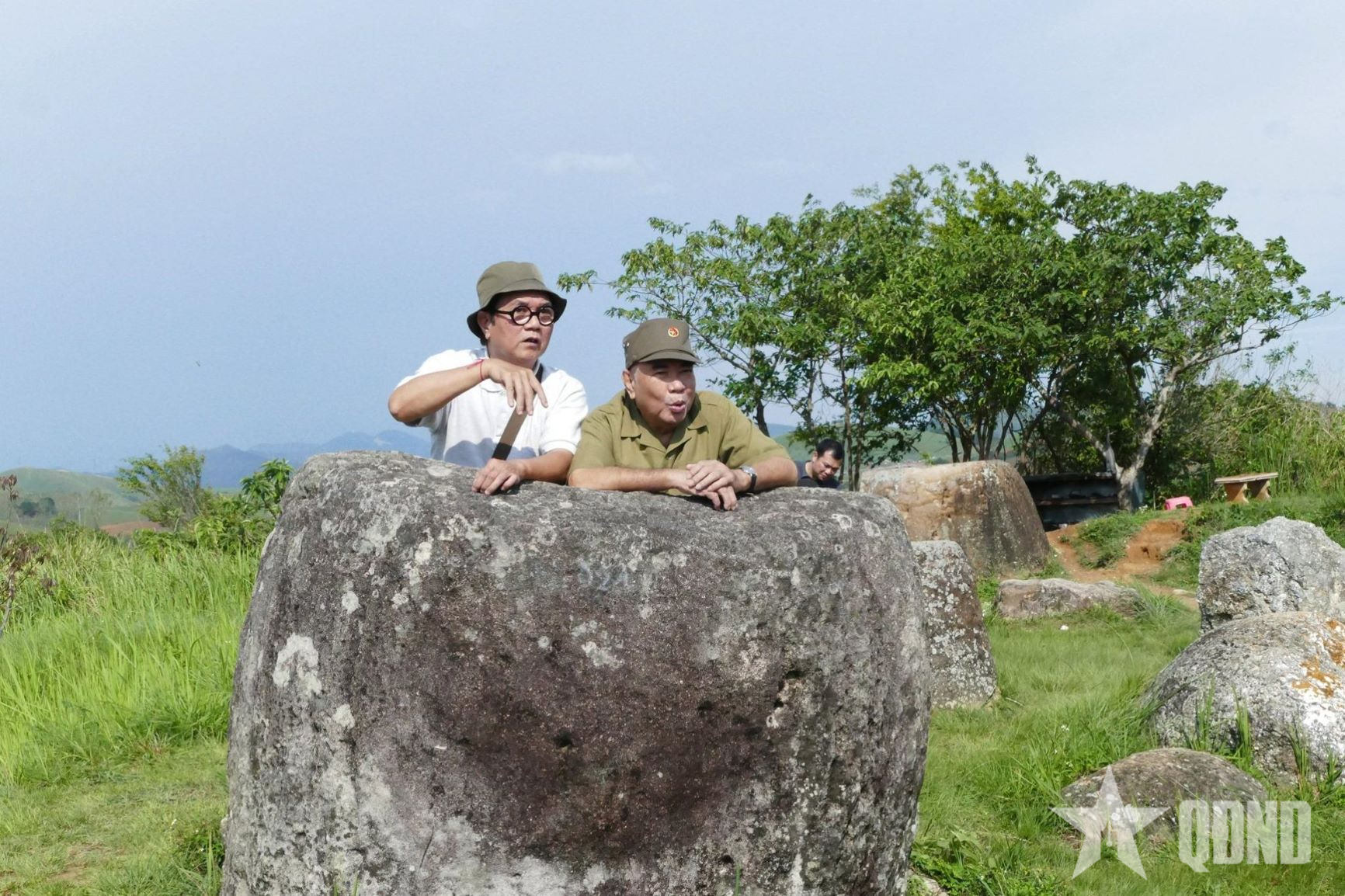 |
Writer Chau La Viet (right) revisits the old battlefield of the Plain of Jars-Xieng Khouang (Laos). Photo provided by the character |
During the war, soldiers may suffer materially but not mentally. Needing plays to be performed right on the battlefield, soldier Hoai immediately wrote scripts, with characters who were familiar and lovable people at the liaison station, anti-aircraft battery, road guard station... Being both the scriptwriter and director, Hoai also acted. He recalled: “Those plays were not from far away places, but were about the fighting life of our military station, a fierce military station on the Western Front of the Fatherland. I was happy to be the author of those scripts. The political commissar praised them, the soldiers loved them, and they were also introduced on the Voice of Vietnam radio waves”. The happiest thing was to serve, to speak most accurately about the heroic life of soldiers, especially the sacred comradeship. Chau La Viet also wrote poems. The poems written right in the trenches were recorded by comrades and copied into notebooks: "When going to the battlefield/ We line up horizontally/ No one wants to step back/ When going to receive food/ We line up vertically/ Strong comrades stand behind/ Weak comrades stand in front/ Any comrades who are injured/ Please stand at the front" ("Tuoi Tre Truong Son").
With the thought of being a "secretary" recording the sacredness of soldiers' lives: "How many heroic stories and noble beauty of soldiers in those days, could they follow that stream, follow the wind of that forest, never to return? No, no! Water can flow, wind can blow, but the achievements and lives of you - the cadres of Station 13 will remain forever...". So in addition to poetry and drama, he wrote epic poems, novels, short stories, memoirs, literary essays... Up to now, he has 30 literary works, mainly about the image of Uncle Ho's soldiers. Typical examples include: "The layers of the single sang trees", "Southern Chronicle", "Mai Pi Muon", "A morning with many birds", "The cuckoos still sing on the hill", "The earth and sky still echo with the sound of the drums", "The birds sing clearly in the middle of the forest"... which have been highly appreciated by public opinion and received many awards.
In the preface to his poetry collection “5 poems and 5 stories about soldiers”, poet Huu Thinh wrote: “For my generation of writers, the name Chau La Viet has become quite familiar since the early years of the anti-American war”. For Chau La Viet, poetry and life, life and poetry are a smooth combination of literature and soldier life, reality and dreams... That is a kind of news that the author has reaped through the most beautiful years of his life”. Writer Do Chu commented on the collection “The layers of the single casuarina trees”: “These are pages that have the power to haunt readers. These are pages of crude writing, not a little clumsy, but through them we suddenly seem to hear the rustling sound of distant forests, the solemn echo of the old years. I want to thank the author for that. A significant value that makes the book weighty is also there". In the article "An echo of history", poet Nguyen Quang Thieu commented in Van Nghe Newspaper about his new epic poem (2024): "The history and culture of a nation is the endless source of energy for the movement of the nation into a new era, and the epic poem "The sound of forest birds and the land of fire in Tay Ninh " has sent such a message to the readers".
In terms of genre, Chau La Viet's outstanding contribution is in the memoir form, "Bai ca ra troi" (Song of the Battle), "Tieng zither of the 20s" are memoirs written about famous artists. The characteristics of memoirs are authenticity, real people, real events, and high topicality. The narrator in the memoirs is often in the first person, directly participating in or witnessing the events. Most of his works, from poems, epics, prose, and essays, are full of memoirs. His notes about leaders and famous artists are very vivid thanks to the richness of real-life details. General Nguyen Chi Thanh and poet To Huu were from the same hometown and worked together in Hue (before the revolution). Many people know about their close friendship and comradeship. Chau La Viet went to find the most touching detail, right in the General's hospital room, "with extreme pain, the poet asked the nurse for a piece of paper and he wrote tear-filled verses about the closest comrade in his life... Perhaps that was the poem he wrote the fastest" ("The fragrant river of the Chinese skullcap"). Building the image of the soldier, he paid special attention to the comradeship, the comrades loving each other like father and son, like brothers. Even the Division Commander (Ha Vi Tung) in "The Story of a Moonlit Night" went down to the trenches to visit and encourage each soldier. The story of soldier Hoai was allowed to return to Hanoi to participate in the writing camp, but the unit's brothers "felt like fire" because it was the time when the US B-52s carpet-bombed the capital. The day Hoai returned to the unit, it was like returning home: "Hoai, Hoai is still here, he's back, brothers...". My brothers spread out and hugged me, many of them had tears in their eyes..." in "War Station Writer". Those who have been on the battlefield with their comrades "sharing the fire" sometimes love and trust their comrades more than they love and trust themselves, will see their feelings in it.
2. Along with the image of the soldier, there is also the image of a great, great mother who appears very loving and touching. That is the mother of writer Nguyen Tri Huan, the mother of poet Pham Tien Duat... In the eyes of any mother, children, no matter how famous in the world, are still "grown up but not yet wise". But the truly haunting one is the mother of writer-artist Tan Nhan with the immortal song "Far away", through the words of writer Do Chu, so majestic and profound: "Viet, remember me for the rest of your life, whatever you write, but if you write, write like my mother used to sing. Holding each word, releasing each sentence, pain like a silkworm's heart and nobility like silk. Utterly passionate and also utterly longing...". He has partly fulfilled that message. His career is still ahead, what needs to be affirmed is that he is one of the few contemporary writers who writes well, deeply, and emotionally about mothers.
Like a green tree that deeply roots into cultural lands: Life during the anti-American period, contemporary life and national traditions to absorb the quintessence of nutrients, then spread its branches and leaves into the sky of the times to photosynthesize the light of revolutionary humanistic ideals, so the green tree of the soldier writer Chau La Viet has produced fruits of works with its own ideological flavor. He has contributed to creating a cultural symbol of Uncle Ho's soldier that shines in today's era and in the future. From those pages, we can add to the generalization of an artistic principle: We must deeply understand, must live with life, to have abundant authentic emotions, to be able to create highly expressive images.
Today, despite being at an age that is "rare in the past and present", writer Chau La Viet still returns to the old battlefield with his comrades, to remember, reflect and write. He is still a soldier in a faded uniform, which he believes is a souvenir from Colonel Nguyen Phu Nho, former head of Station 13, who later became the Director of the Political Department of the General Department of Logistics. Still wearing the simple, flexible rubber sandals, he returned yesterday to create new pages for the future.
NGUYEN THANH TU
Source: https://www.qdnd.vn/phong-su-dieu-tra/cuoc-thi-nhung-tam-guong-binh-di-ma-cao-quy-lan-thu-16/chau-la-viet-van-va-doi-luon-la-nguoi-linh-bai-1-nha-van-nang-long-voi-nguoi-linh-837887






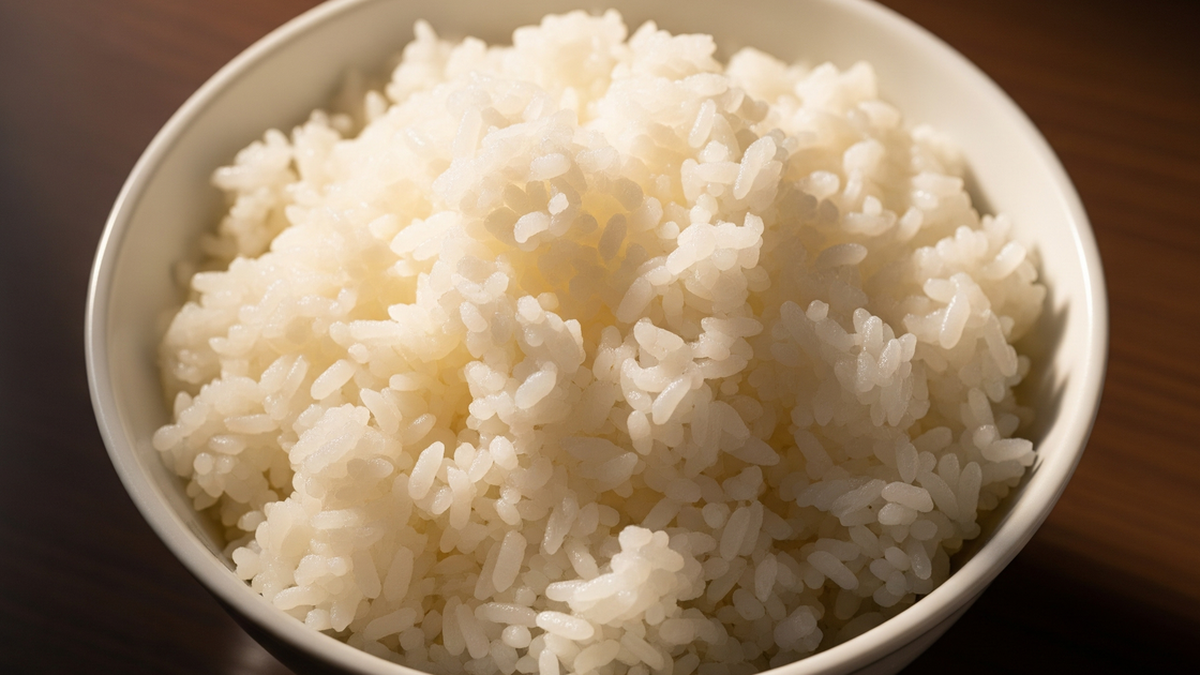
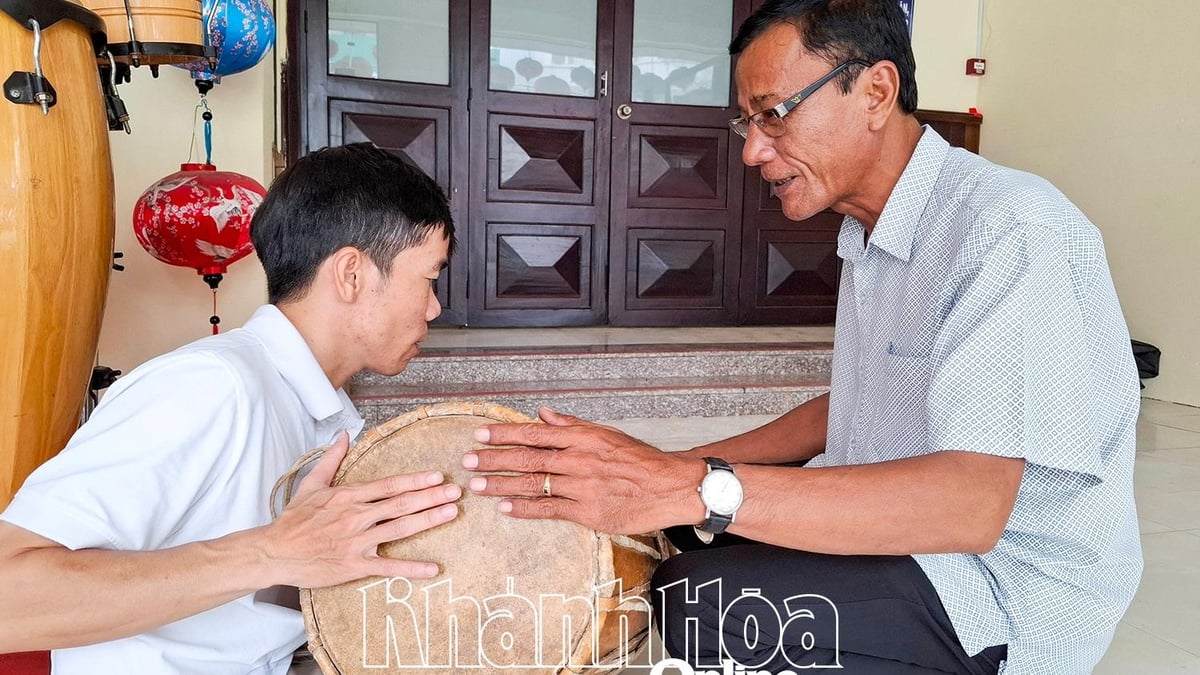
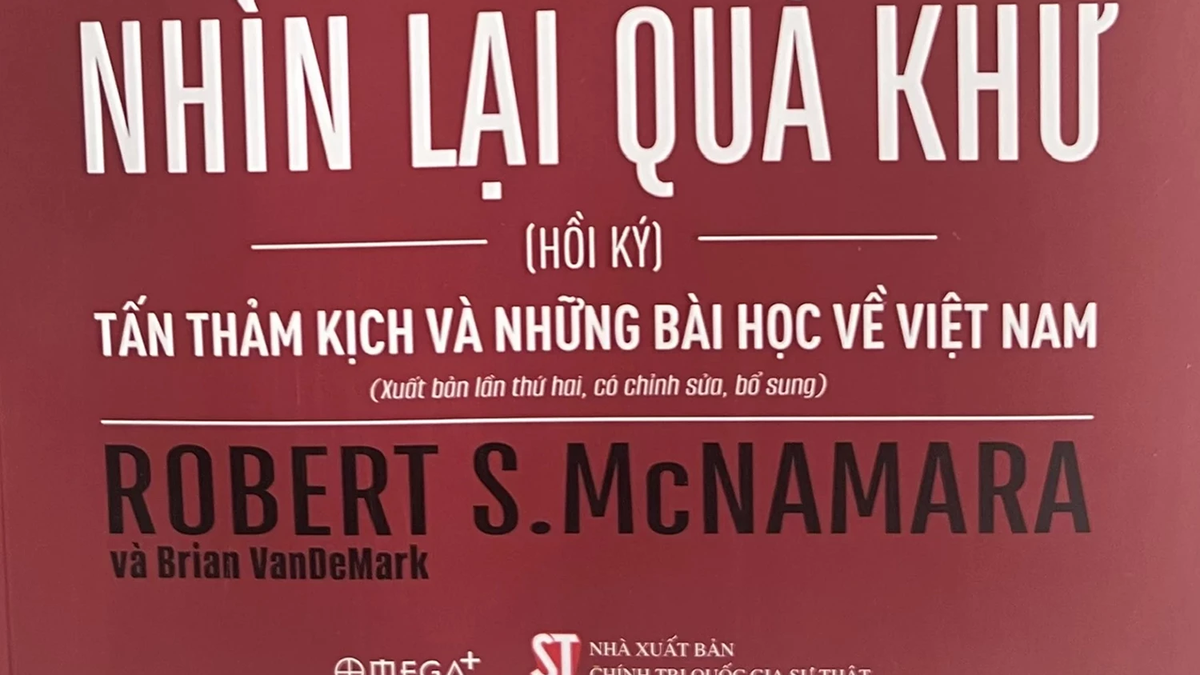
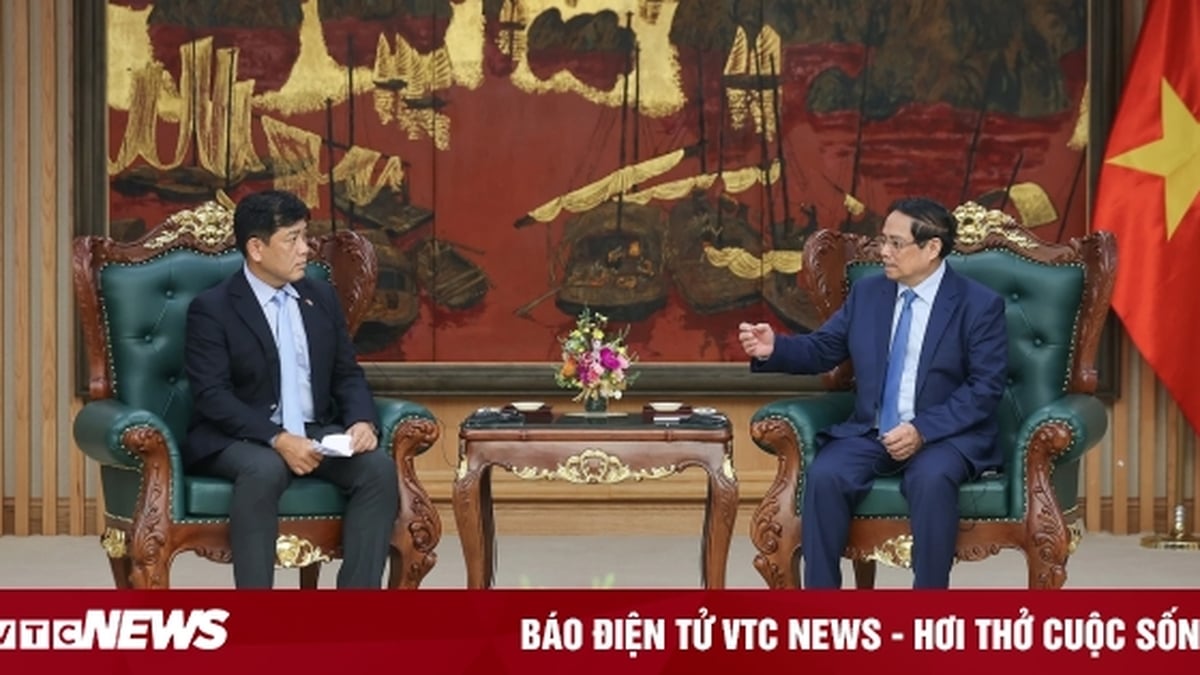

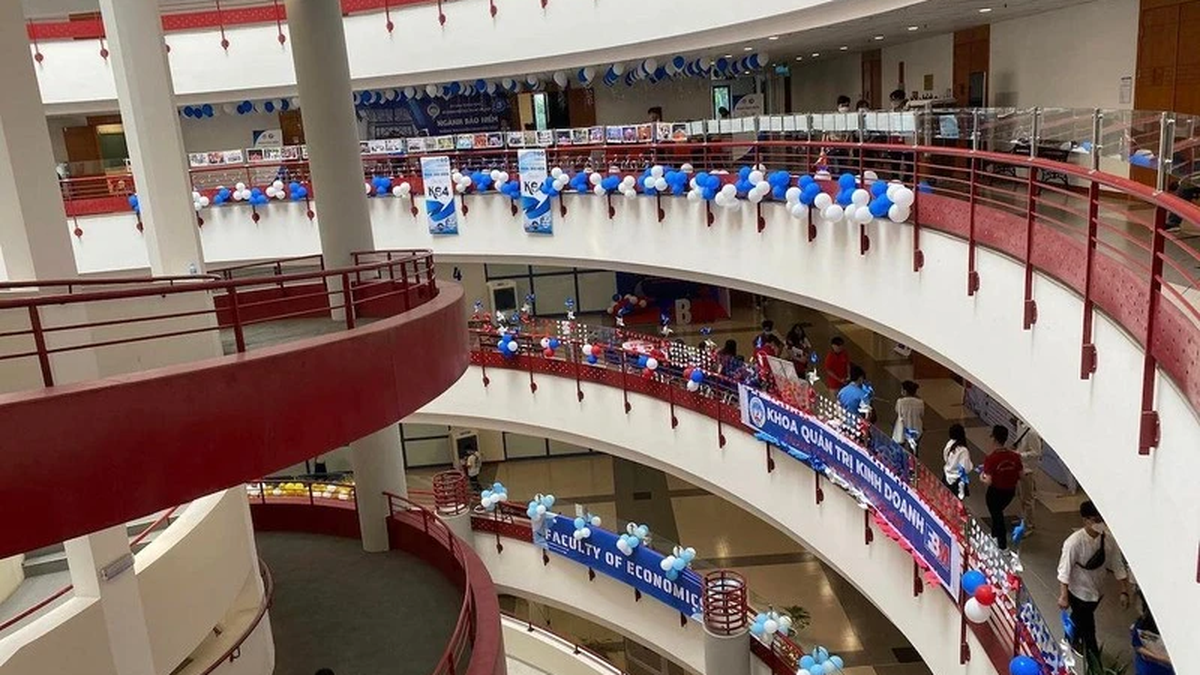




















































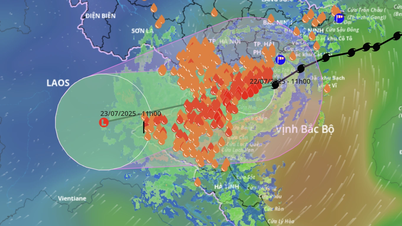
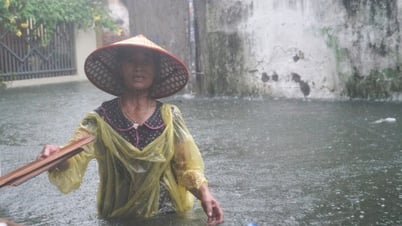
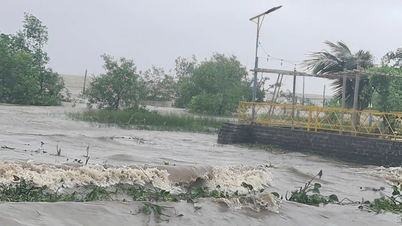



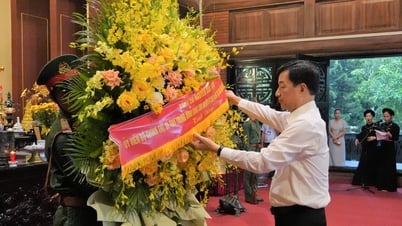































Comment (0)